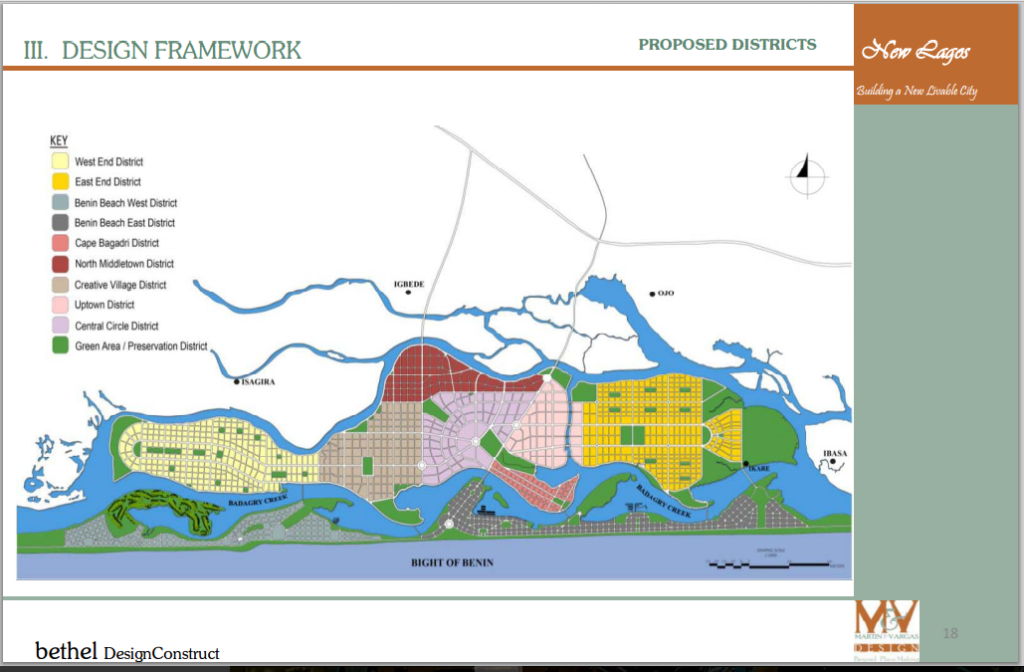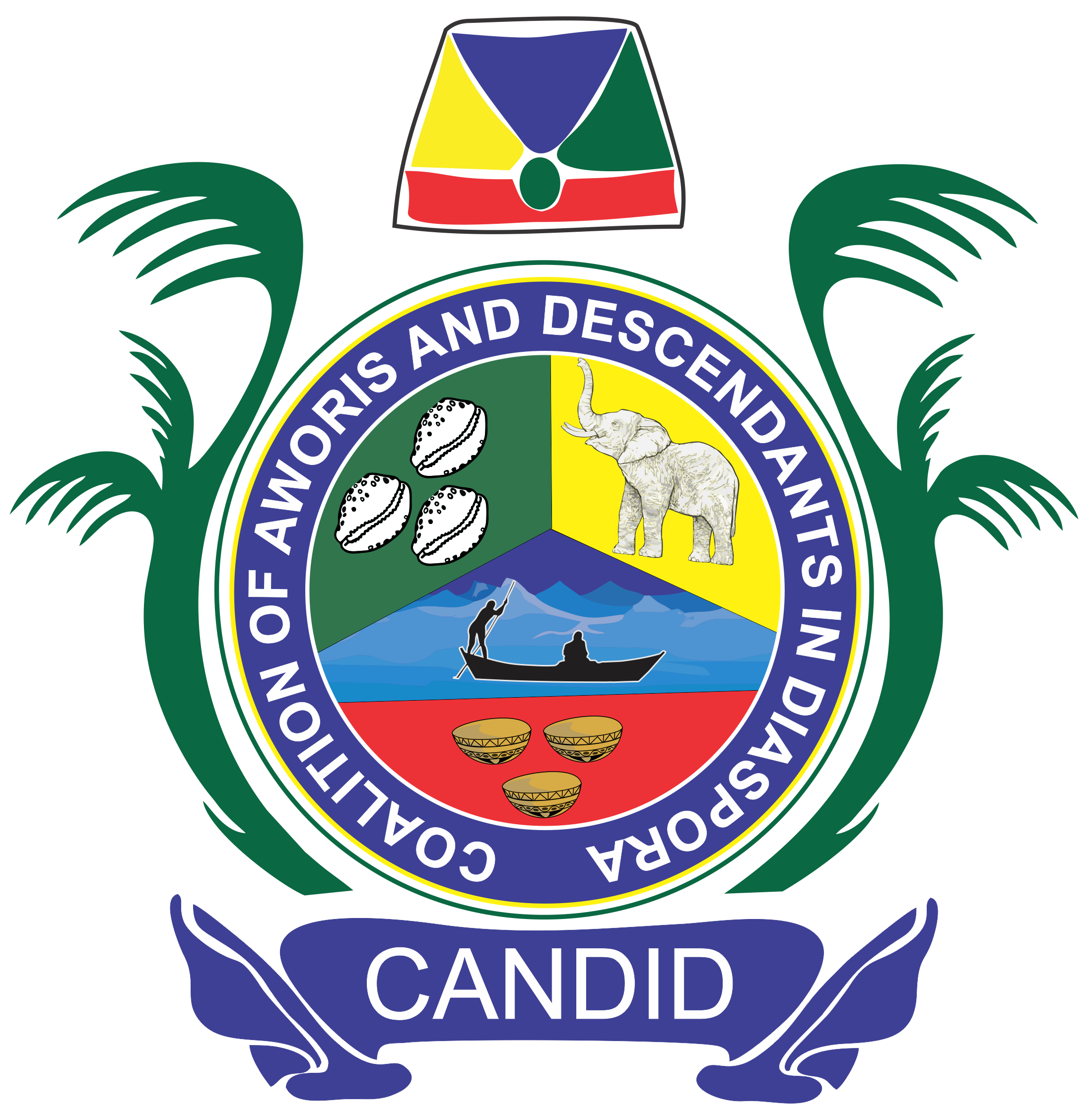
Another famous sub-group among the aboriginal inhabitants of Lagos is the Awori. They constitute about 70% of the total aboriginal inhabitant of Lagos state. This leaves other sub-ethnic groups with 30% of Lagos population. The surface area covered by this group is over 350, 000 hectares with less than 20% made up of Lagoons, creeks and coastal estuaries. (Adefuye 1986 p8).
The name ‘Awori’ according to oral sources, was derived from the legend of
a floating ritual dish which Ogunfunminire (their progenitor) allegedly followed from Ile-Ife to Isheri. Wormal (1935) gives a graphics description of the Awori when he wrote: They speak a low and slurred dialect of the Yoruba Language. They mostly engage in farming and fishing. Their lack of figure and unity seems to have combined with the unfavorable nature of their habitat to render a ‘poor’ lot from the breeding point of view with the exception of those of them within the region of Lagos from the earliest time to date.
Among the early Awori settlement are Isheri, Otto, Iddo, Ebute Metta, Apa, Ibereko; Ota, Igbesa and Ado-Odo in present day Ogun State. The Awori, whether in water logged terrain or up land, combined fishing and farming. The upland and the sea side Awori rely heavily on food crops from the interior to supplement the local production. The Aworis are sociable and perhaps accommodating to a fault. As peace loving people the Awori of Ojo and Badagry developed the institution of Oloru a socio-religious and political institution for a regional security. (Kunle Lawal, 1989).
The group share cultural norms peculiar to Yoruba in relations to greeting, marriage, burial, naming and difference to the priest and traditional rulers. (Ajetumobi, 1998). Religious festivals constitute one of the ways by which the Awori preserve the memories of their past heroes and heroines. They also have unifying and socializing symbols, while Gelede and efe partly
regulates the morale tone of the Awori community as well as bring about historical consciousness among the people. Traditional beliefs and practices exist side by side Islam and Christianity. Indeed, the Awori tolerate different shades of religious affiliation just like other Yoruba sub-groups. The Awori settlements in Lagos State include Isheri Olofin, Apa, Ibereko, Ilogbo Eremi, Otto, Ijanikin, Era, etc. In Badagry Division; other are Agege, Iba Isheri, etc. in Ikeja division. There are several other groups especially the descendants of Ogunfunminire such as Aromire family in Isale Eko and other groups referred to as Islanders in the context of modern Lagos.
